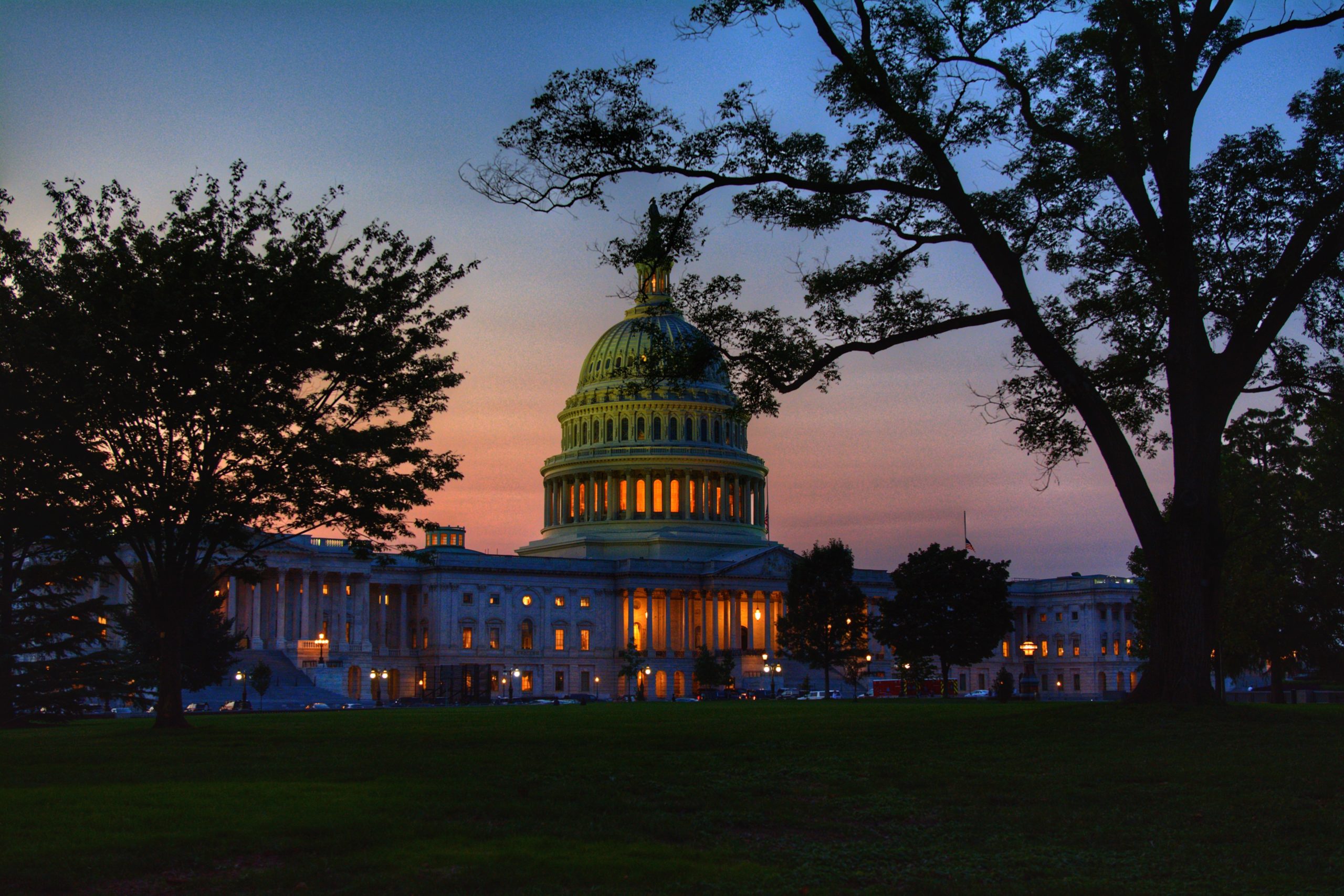Insights
The Path To A Confirmed Biden Cabinet.

Confirmation Battles
With the news that the GSA will begin supporting the Biden transition and the president-elect announcing his first slate of cabinet nominees, the presidential transition process is finally feeling normal. In administrations past, “normal” would mean that a significant number of the nominees for cabinet positions would be confirmed on or around Inauguration Day. But the confirmation process for administration positions has become increasingly polarized and partisan. President-elect Biden will likely inherit a divided government, observers of Washington, DC are especially eager to understand how contentious this year’s process is likely to be. A Republican Senate might bottle up the most ambitious legislative proposals, leaving the new president with little choice but to enact executive orders to achieve his preferred policy outcomes.
To understand how quickly the incoming president could have his team confirmed, it’s critical to understand how and why the process has broken down in recent years and how future political calculations and ambitions factor in.
Looking Back - The Trump Effect
The days of the Senate erring on the side of rubber-stamping an administration’s nominees are long gone (an Obama ambassadorial nominee literally died waiting for a vote). The cabinet confirmation process reached unprecedented levels of gridlock in 2017 with President Trump’s nominees. In keeping with the unconventional way that President Trump won the White House, he failed to follow standard procedures when vetting and naming cabinet nominees.
Usually, new administrations subject their candidates for cabinet positions to FBI background checks and extensive review by the Office of Government Ethics to eliminate the possibilities of conflicts of interest. By the time the nominations are announced, senators know that the confirmation process can focus on the nominee’s policy positions and visions for their respective departments. Of course, an occasional unpaid tax or conflict of interest is unveiled, but most nominees are well vetted by the time they reach Senate committees.
That didn’t happen in 2016 and 2017. Trump’s nominees had not been through the traditional screening process, were largely unvetted, and had billions of dollars in assets, significantly increasing the possibility of a conflict of interest. Senate Democrats cried foul. Outside of a handful of nominees essential to national security, Democrats slowed down the confirmation process of the remaining cabinet nominees, forcing Senate Republican Leader Mitch McConnell to repeatedly jump through procedural hoops.
The question for 2021’s confirmation process is this: do Republicans understand why Democrats held up some nominees back in 2017 and let bygones be bygones, or will they seek political payback by slowing down nominations as much as possible. Senator McConnell has signaled that cabinet nominations are not where he plans to play hardball, and a number of Republican senators have noted that the early picks are not progressive firebrands, which bodes well for cooperation.
But every single member of the Senate has the power to slow things down, so what Republican leadership ostensibly wants, they may not get.
Looking ahead - The Race for the White House
This brings us to the other half of the equation: how cooperative will the Republican senators planning to run for president in 2024 be?
In 2017, a core group of Democratic senators who were eyeing the Oval Office formed an unofficial group dedicated to opposing nearly all of President Trump’s nominees. This year, it will be ambitious Republican senators who will approach these nomination fights as an early litmus test for the primary campaign. Expect to see Senators Rubio, Hawley, and Cotton clamoring to be the strongest bulwark against the Biden administration, beginning with obstructing the nominations process and forcing a number of the president-elect’s nominees to go through procedural hoops that delay their confirmations.
So where does that leave the cabinet?
At the end of the day, it seems that Senate Republican leadership, presented with mainstream Democratic nominees, is likely to take a cooperative posture with the incoming administration. But, outside of national security and some health care nominees (we are in the middle of a global pandemic, after all), a number of the nominations could move slowly as the Republican’s shadow campaign for the presidency gets underway.